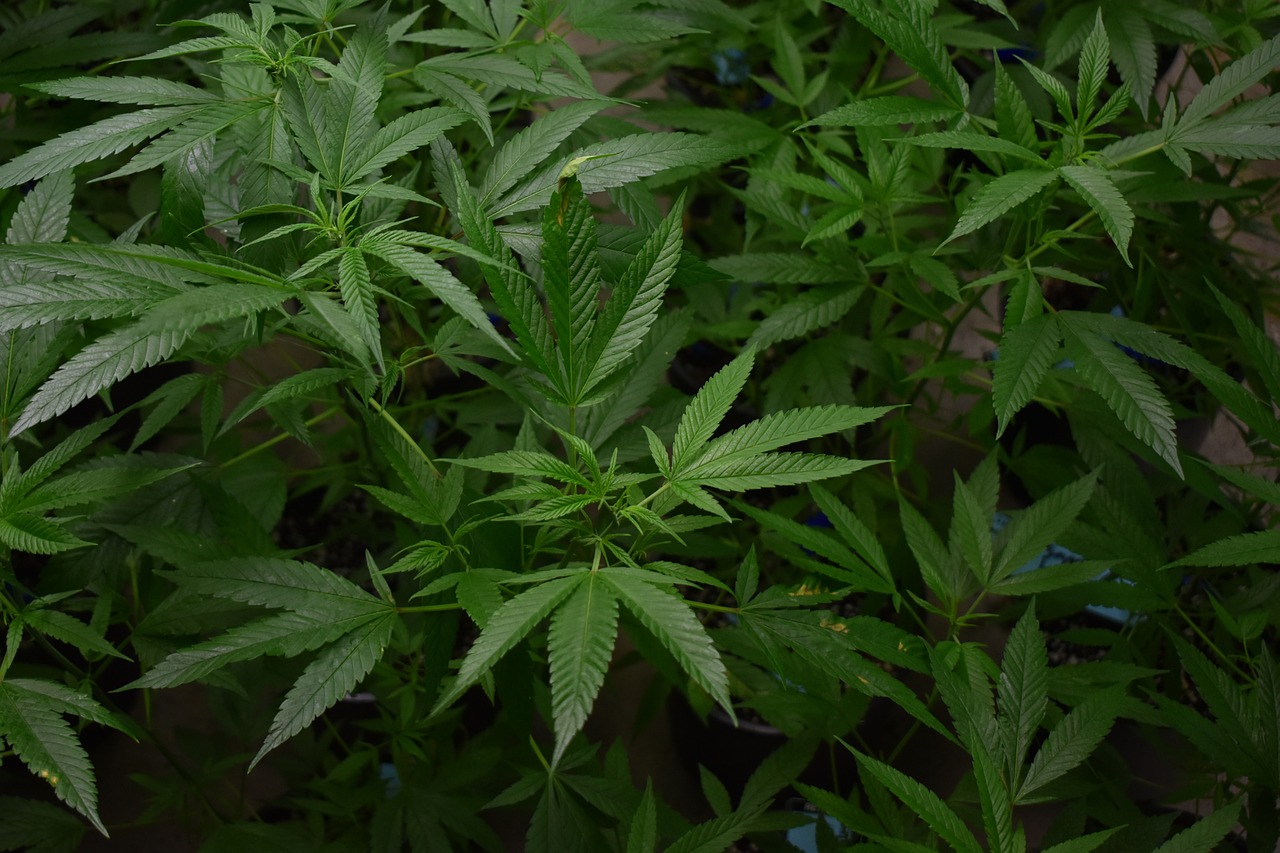The use of medical marijuana in Iowa has been a topic of significant debate and change in recent years. From its prohibition to the gradual legalization and implementation of medical cannabis programs, the landscape of marijuana use for medical purposes has shifted dramatically. In this blog, we’re discussing the past, present, and future of Iowa medical marijuana laws — exploring its history, laws, regulations, patient access, and the evolving role it plays in the state’s healthcare system.
History of Medical Marijuana in Iowa:
The history of medical marijuana in Iowa is rooted in a long-standing prohibitionist stance. For decades, cannabis was strictly prohibited for both medical and recreational use. However, in recent years, public attitudes towards marijuana have shifted, leading to changes in legislation and public policy.
Legalization of Medical Marijuana in Iowa:
The legalization of medical marijuana in Iowa marked a significant turning point in the state’s approach to cannabis. In 2014, the Iowa Legislature passed the Medical Cannabidiol Act, allowing for the limited use of cannabis-derived products containing low levels of THC (tetrahydrocannabinol) for medical purposes. This laid the groundwork for the establishment of the state’s medical marijuana program.
Iowa Medical Marijuana Laws and Regulations:
Under Iowa’s medical marijuana laws and regulations, patients with qualifying medical conditions can legally access medical cannabis products. The Iowa Department of Public Health oversees the state’s medical marijuana program, which regulates the cultivation, production, distribution, and use of medical cannabis.
Medical Marijuana Patients and Access:
Since the implementation of Iowa’s medical marijuana program, thousands of patients have obtained medical marijuana cards, allowing them to access cannabis-derived products for therapeutic use. However, challenges remain regarding patient access, including limited availability of dispensaries and high costs associated with medical cannabis products.
Medical Marijuana Doctors and Qualifying Conditions:
In Iowa, patients must receive a recommendation from a qualified healthcare provider to participate in the medical marijuana program. Healthcare providers who are licensed to certify patients for medical marijuana must undergo specialized training and follow strict guidelines set forth by the Iowa Department of Public Health. Qualifying conditions for medical marijuana use include chronic pain, epilepsy, multiple sclerosis, cancer, and terminal illnesses.
Iowa CBD Oil Laws and Cannabis Policy:
CBD (cannabidiol) oil, a non-intoxicating cannabis extract, has gained popularity for its potential therapeutic benefits. In Iowa, CBD oil is legal for medical use under certain circumstances. However, the state’s cannabis policy remains restrictive, with limited access to cannabis products and stringent regulations governing their use.
Iowa Medical Marijuana Dispensaries:
In recent years, Iowa has seen the emergence of medical marijuana dispensaries authorized to distribute cannabis-derived products to registered patients. These dispensaries play a crucial role in providing patients with safe and legal access to medical cannabis products. However, the number of dispensaries remains limited, posing challenges for patients in rural areas who may face barriers to access.
Iowa Medical Marijuana Advocates:
Throughout Iowa’s journey towards medical marijuana legalization, advocates have played a pivotal role in shaping public opinion and influencing policy decisions. These advocates include patients, healthcare professionals, lawmakers, and advocacy organizations dedicated to promoting the therapeutic benefits of medical cannabis and expanding access for patients in need.
Iowa Marijuana Cultivation Laws and Cannabis Industry:
While Iowa’s medical marijuana program allows for the cultivation and production of cannabis-derived products, strict regulations govern cultivation laws and the operation of cannabis businesses. Licensed cultivators, processors, and dispensaries must adhere to stringent guidelines to ensure compliance with state regulations and maintain the integrity of the medical marijuana program.
Future of Medical Marijuana in Iowa:
Looking ahead, the future of medical marijuana in Iowa holds both promise and challenges. Continued advocacy efforts, research initiatives, and policy reforms are needed to expand patient access, improve affordability, and address regulatory barriers. Additionally, ongoing research into the therapeutic potential of medical cannabis will contribute to its acceptance and integration into mainstream healthcare practices.
***
The role of medical marijuana in Iowa’s healthcare system has evolved significantly over the years, from prohibition to legalization and implementation of a medical marijuana program. While progress has been made, challenges remain regarding patient access, affordability, and regulatory barriers. By continuing to advocate for patient rights, conduct research, and implement evidence-based policies, Iowa can further integrate medical marijuana into its healthcare system, providing patients with safe and effective treatment options for various medical conditions.
Learn more about medical marijuana state regulations on our blog!

